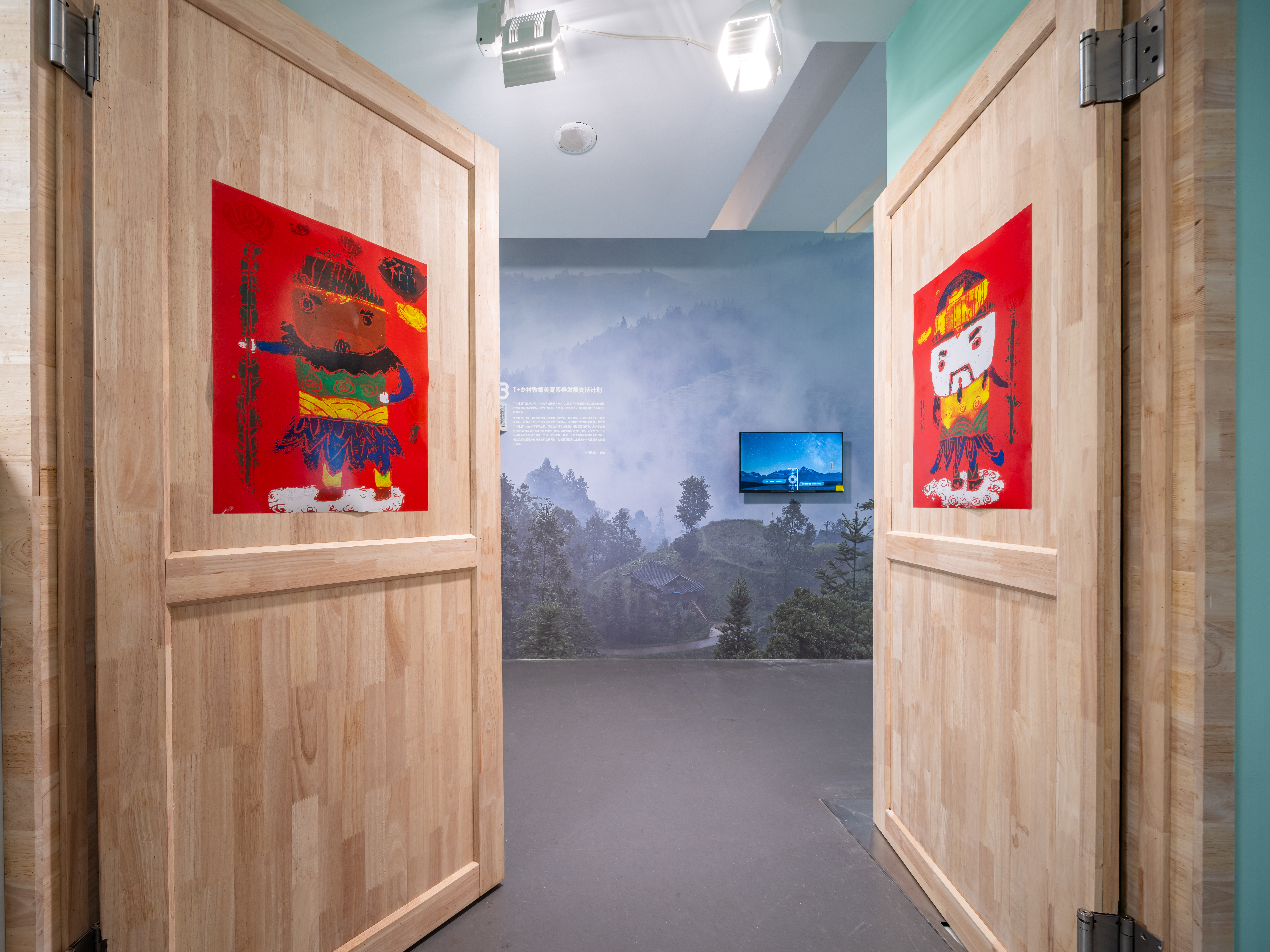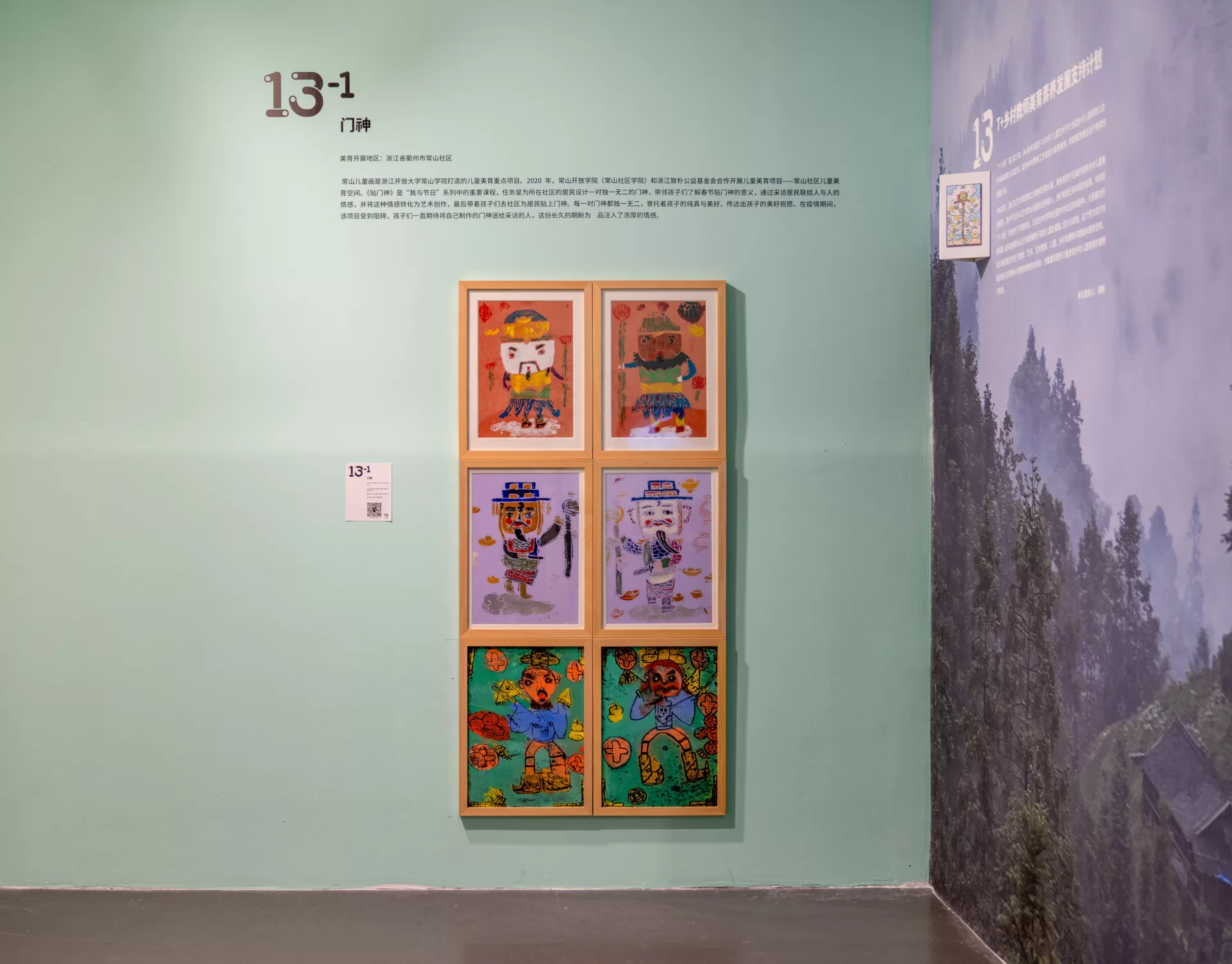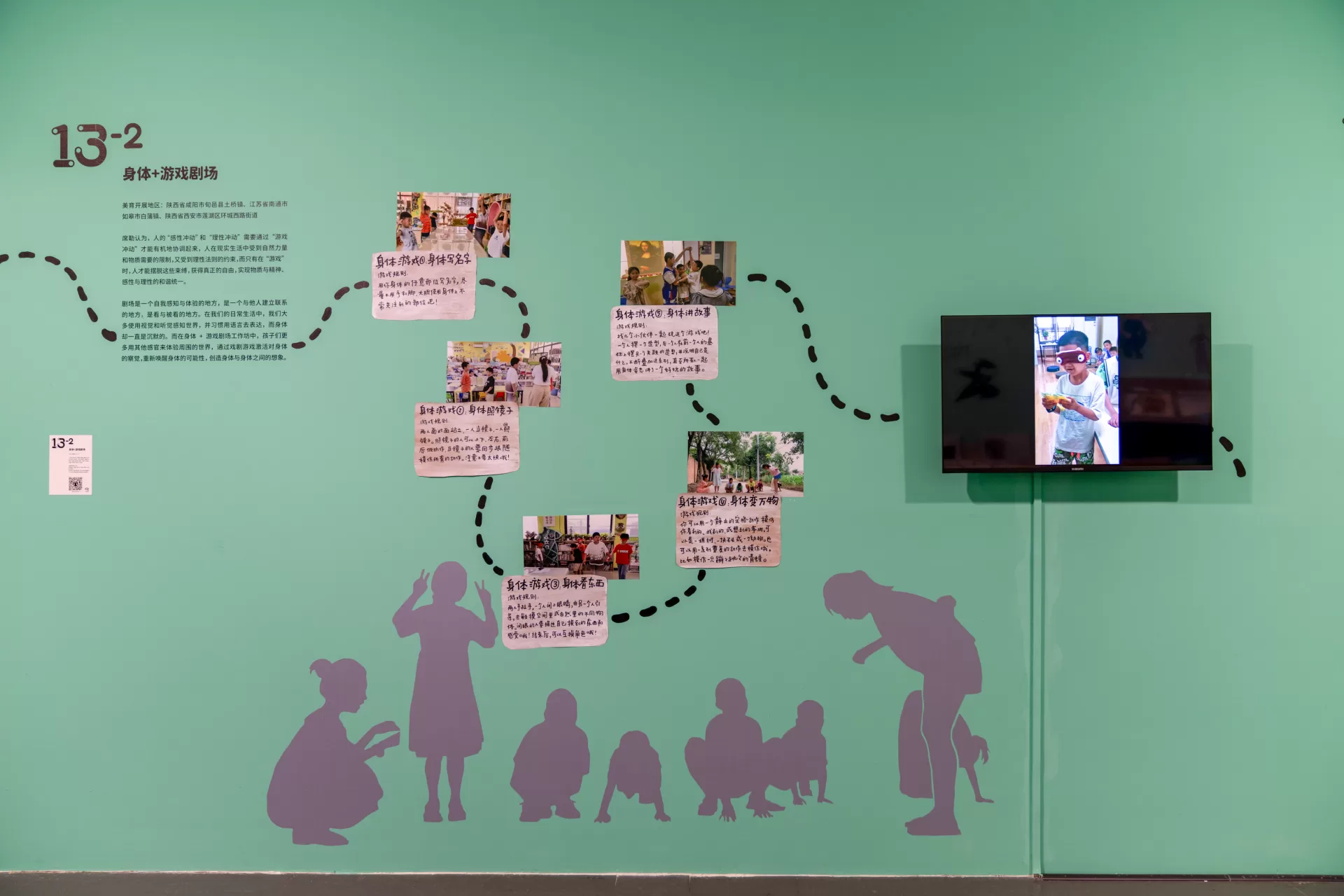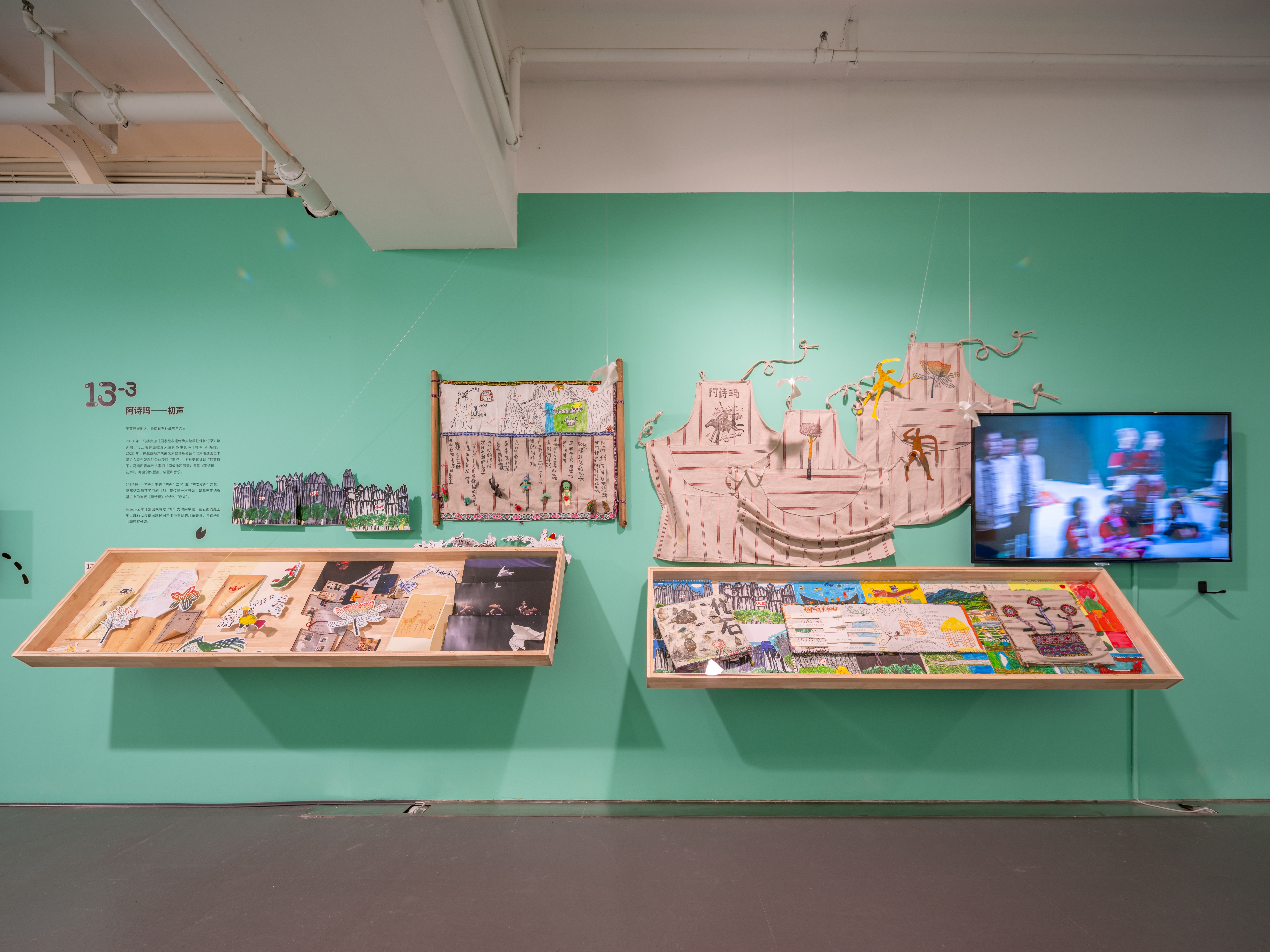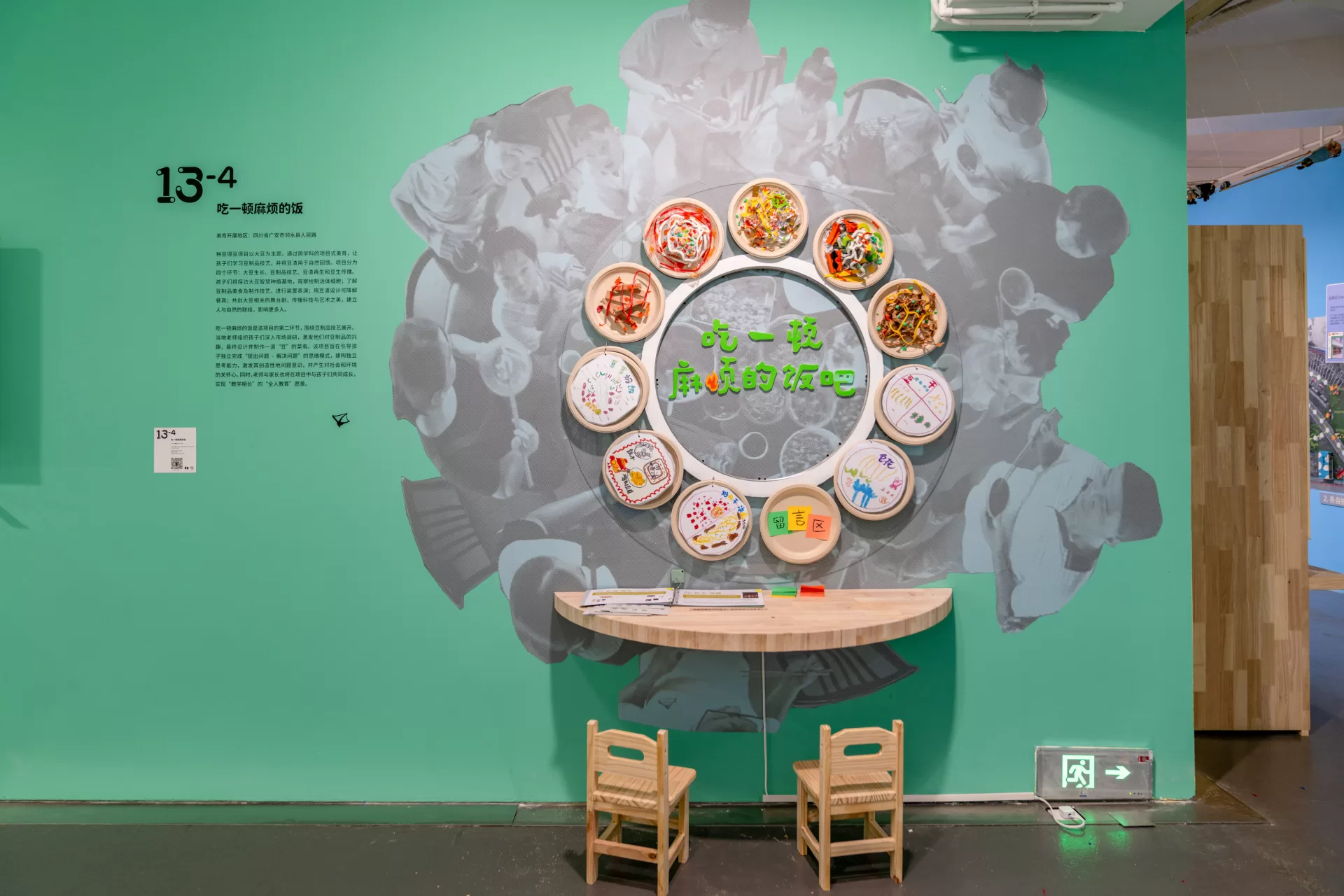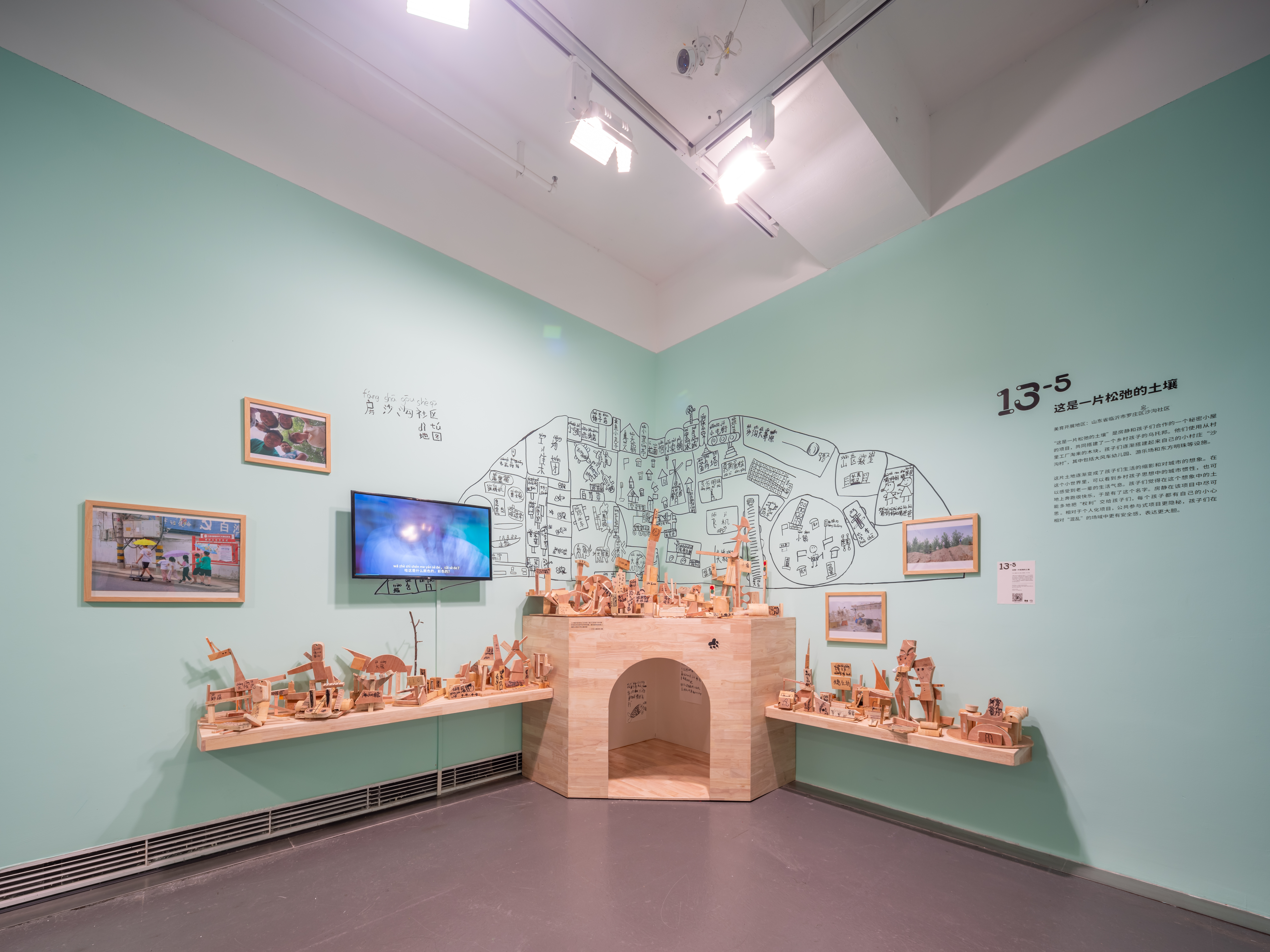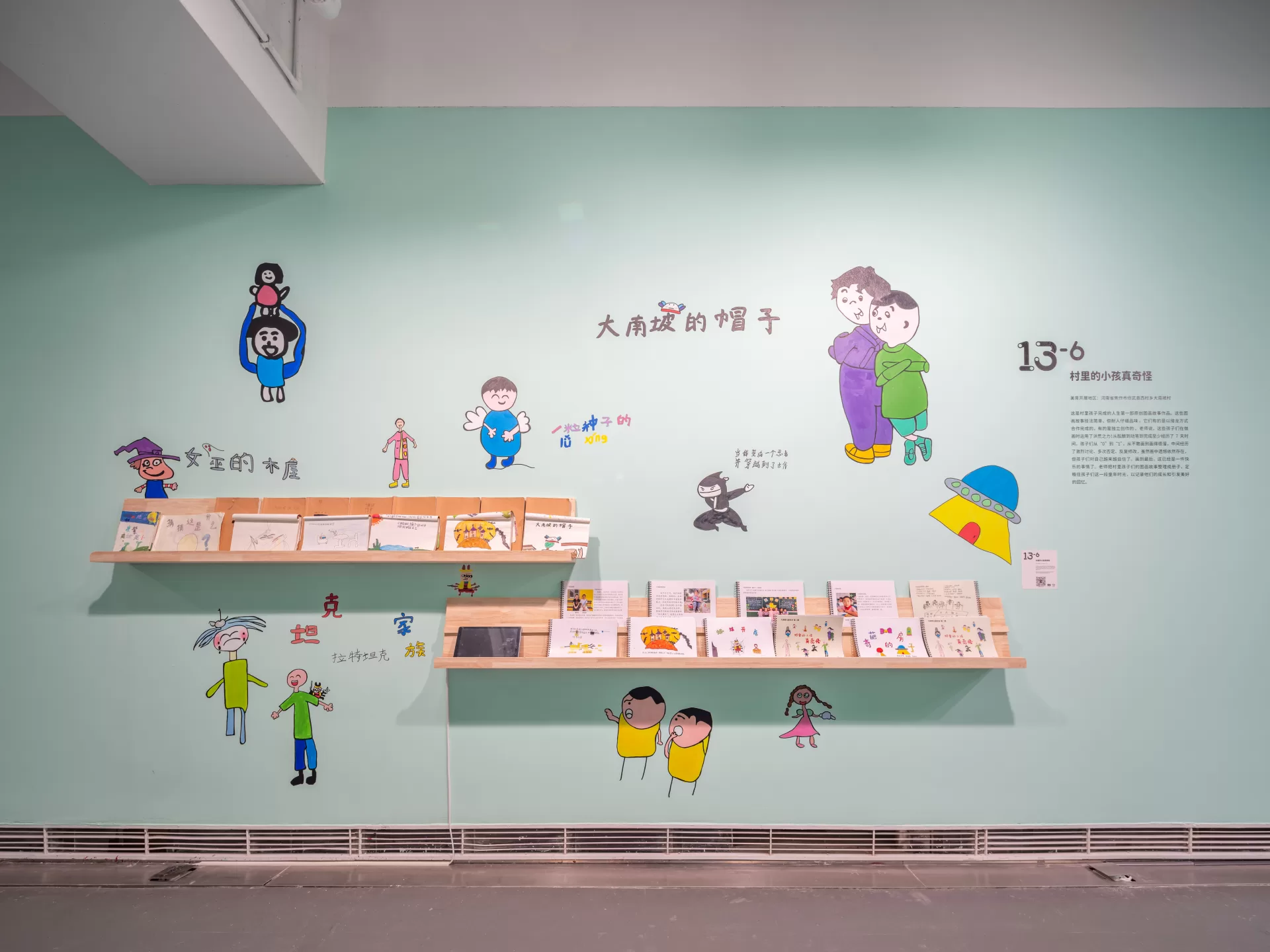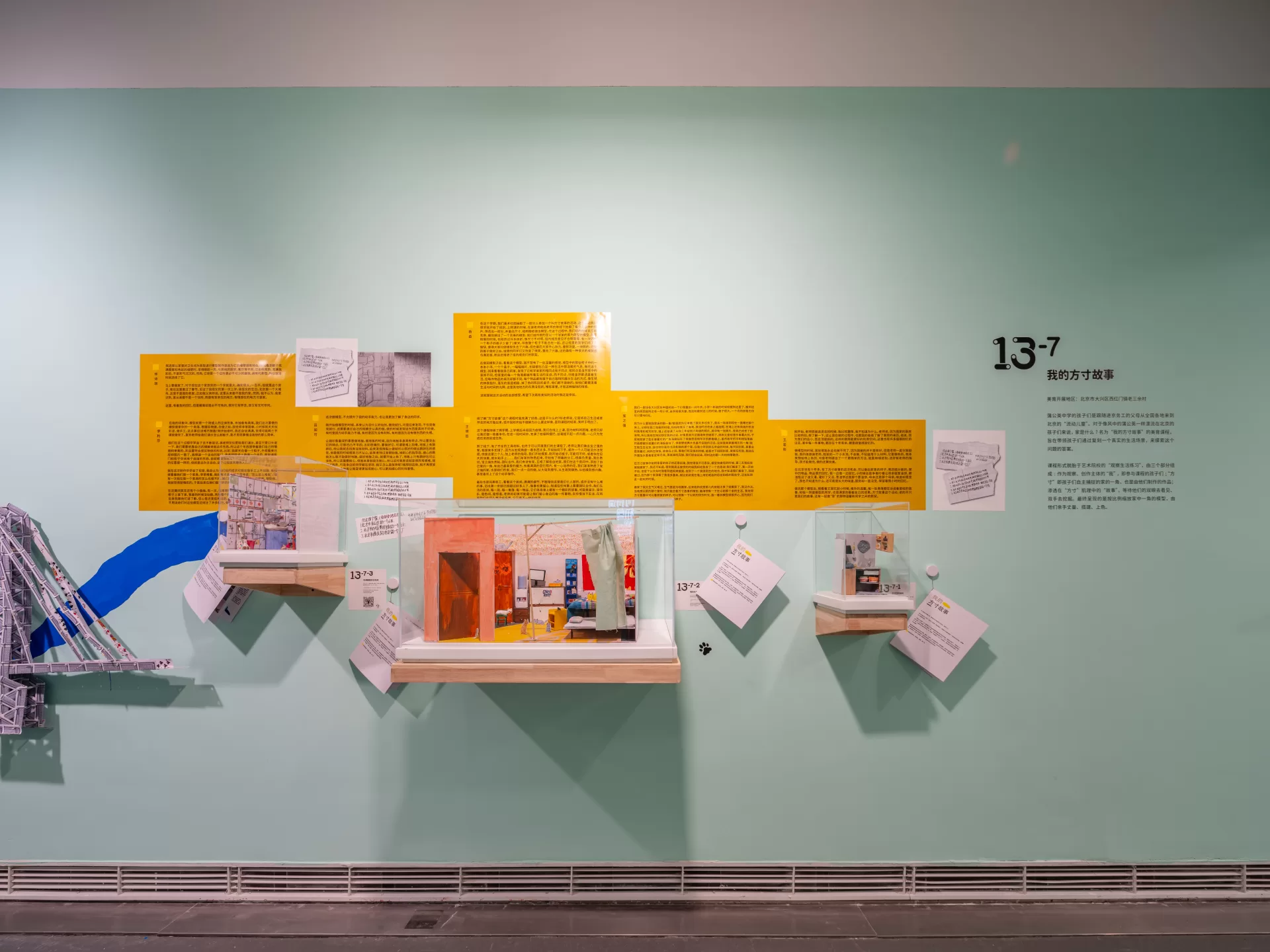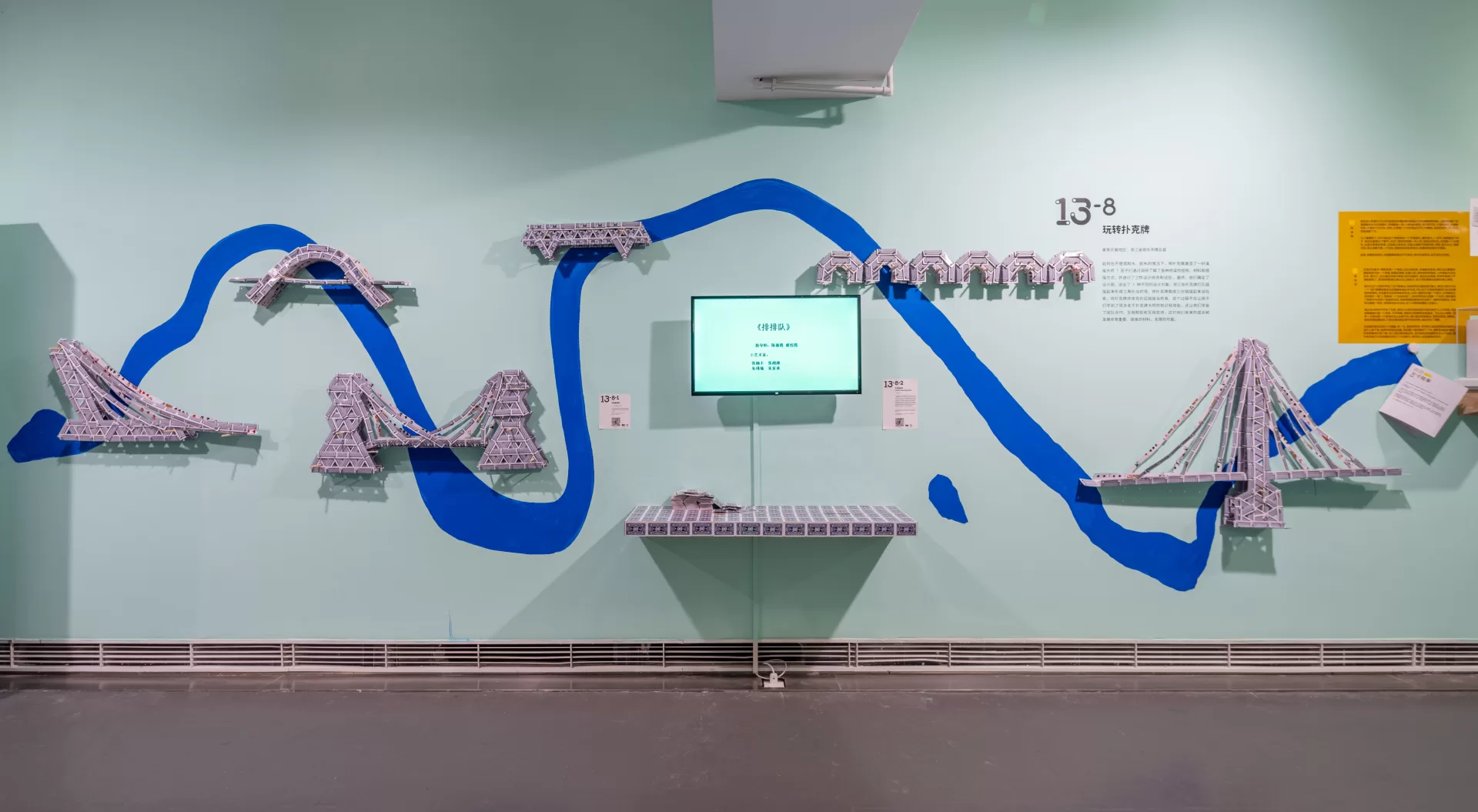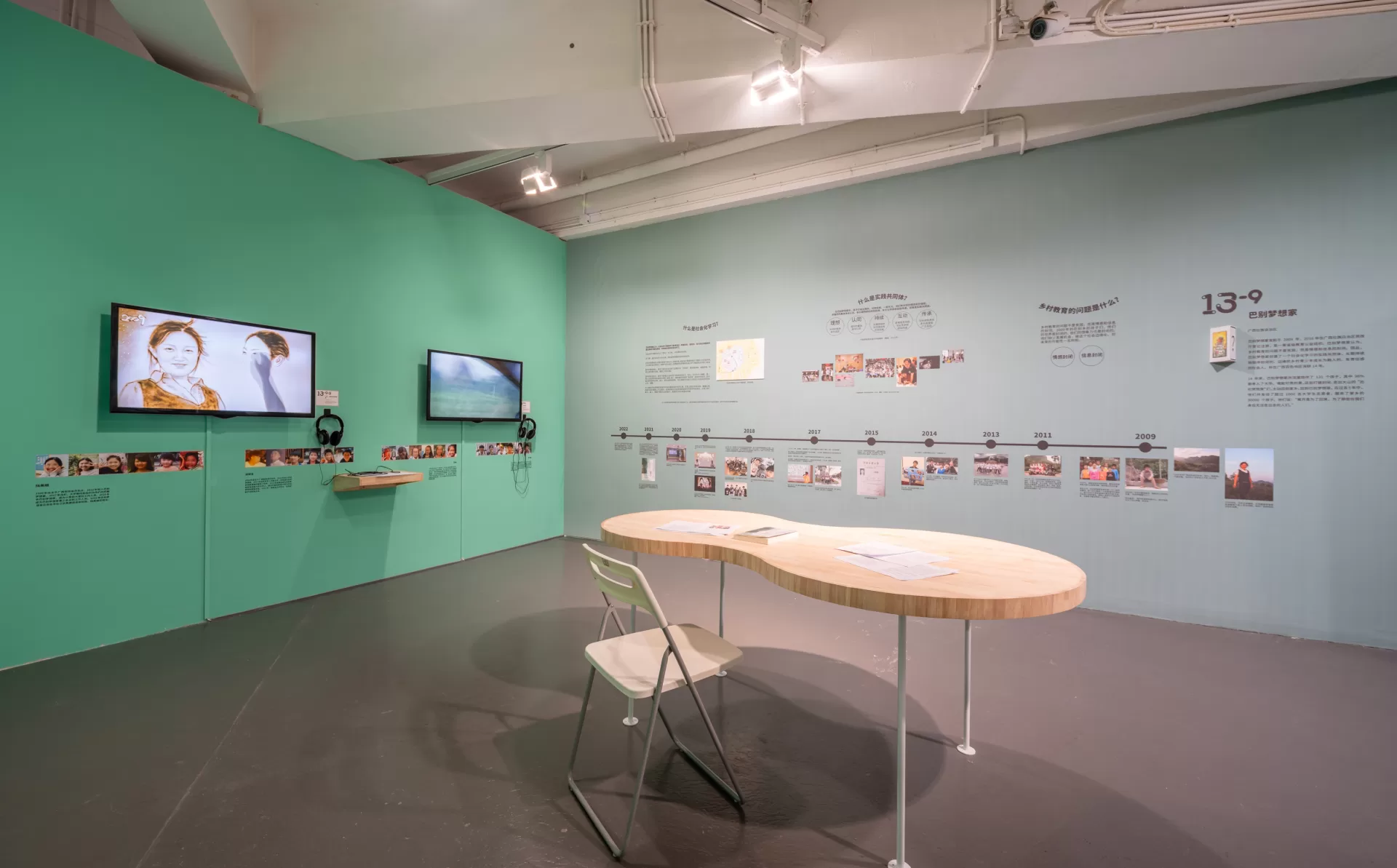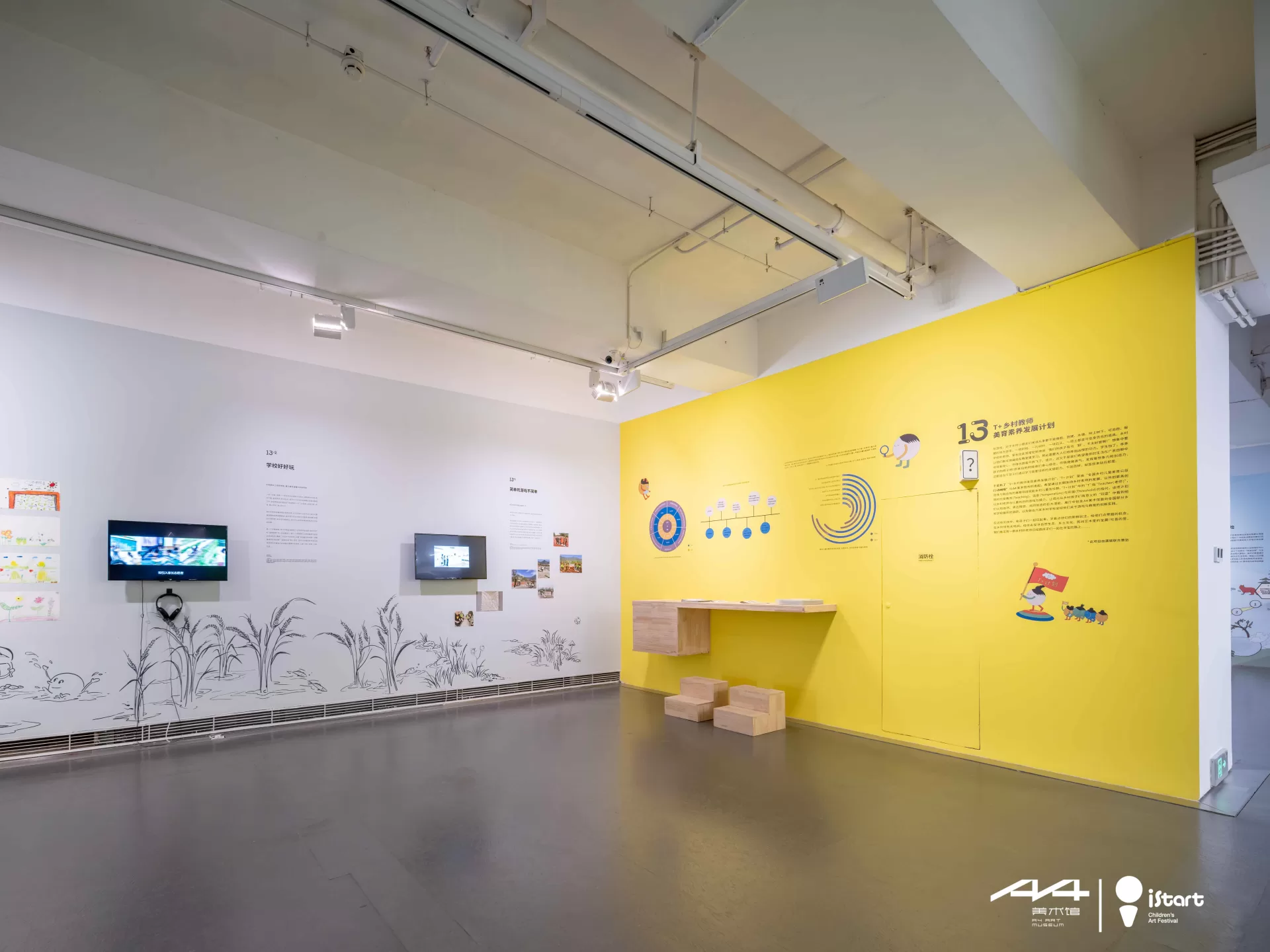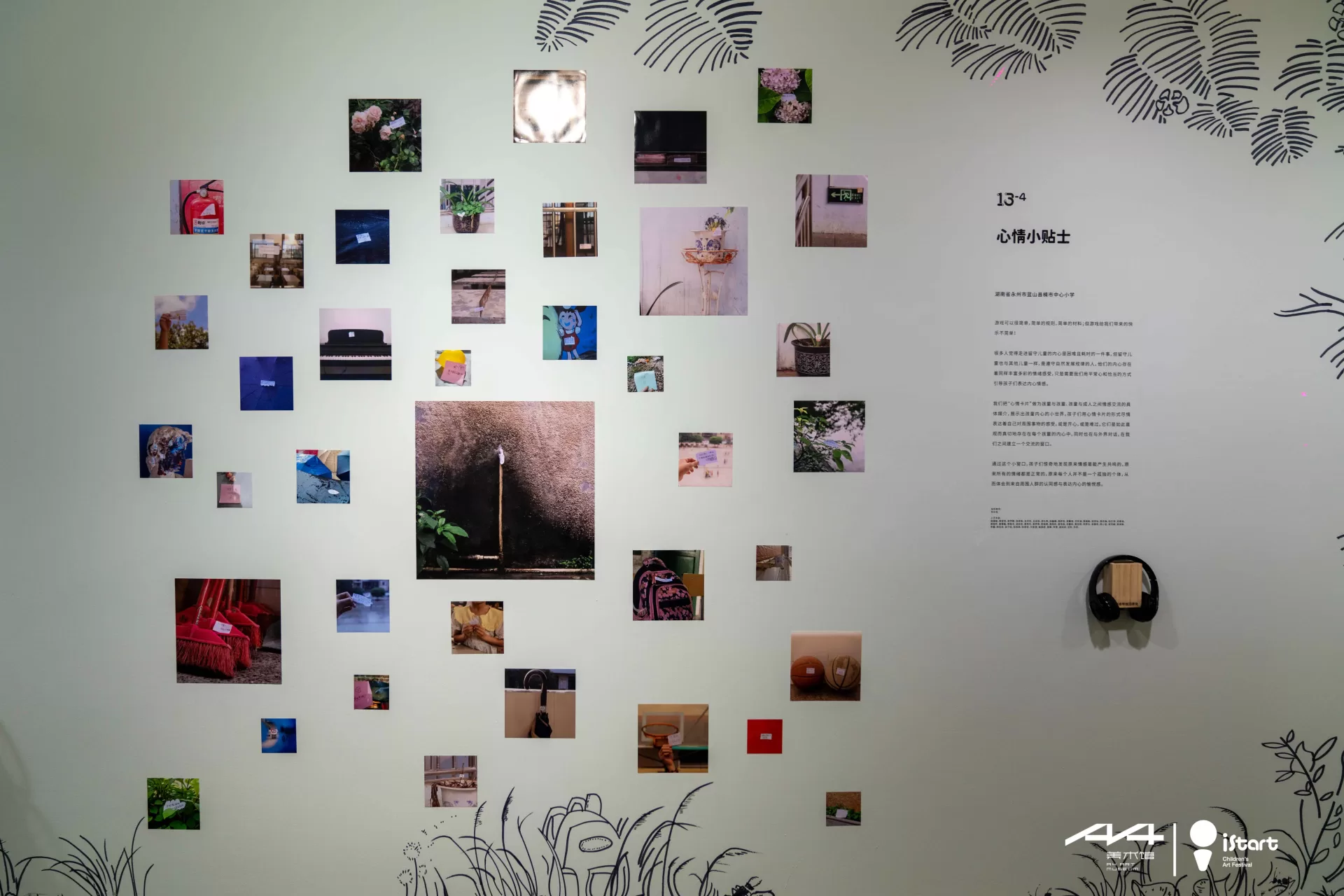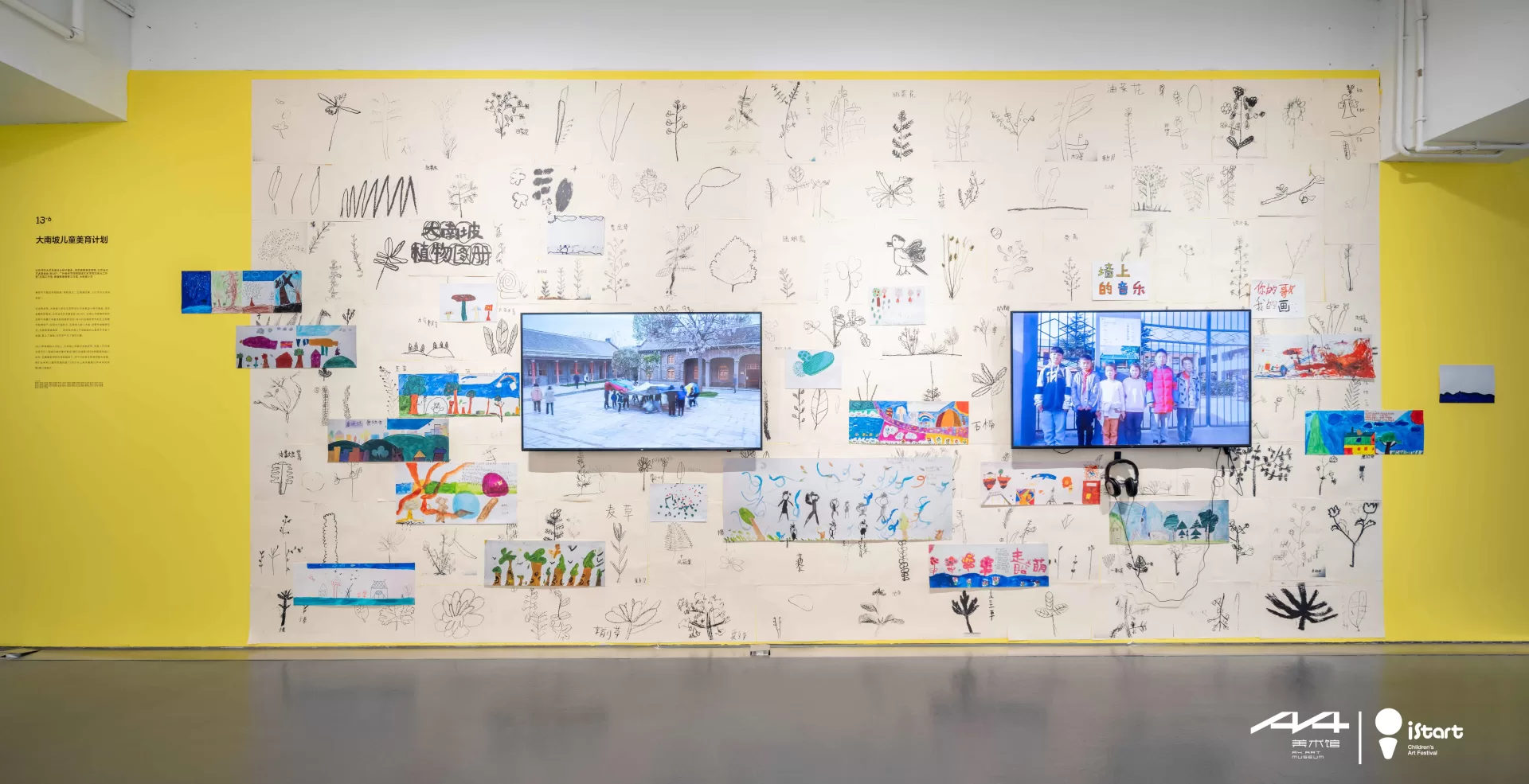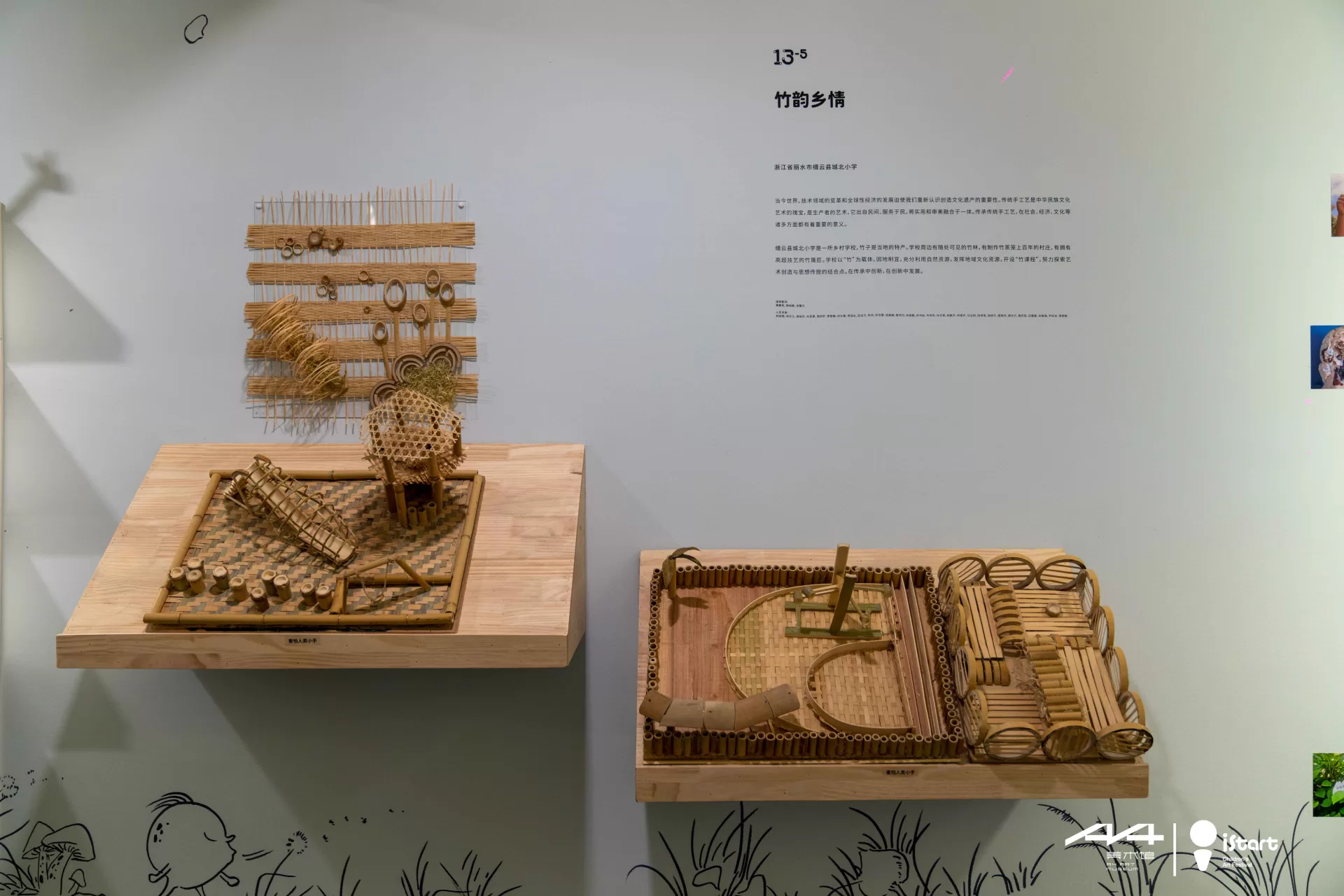Playing games has never been a difficult problem for rural children. There are many places to chase and hide in fields, ponds, trees, and trees. A branch, a leaf, a stone, and a handful of soil are all props that can transform into various forms. Teachers and parents in rural schools often worry and say, “Our children are a bit” wild “and not easy to manage!” In my imagination, it is necessary for adults to cultivate fierce skills in order for them to sit quietly in the classroom and study. The students were afraid, so they obediently restrained their bodies and minds, and their thinking also didn’t let go. Perhaps this is not the way we hope to see children living in vast fields! When they were originally playing, they were both physically and mentally present, fully exerting their courage, imagination, and creativity, which are key abilities that children need to cultivate through learning today. After a thousand twists and turns, the secret is actually there.
So there was the “T+ Aesthetic Education Development Support Program for Rural Educators”, which was jointly initiated by the “China Aesthetic Education Network for Rural Children” and the A4 Art Museum. The plan aims to empower rural children and communities with more creative and integrated aesthetic education projects through long-term support for the development of rural teachers. The “T” in the “T+Program” refers to “Teacher” and also refers to education, temperature, and threshold. This plan uses games co created by rural teachers and children as a medium, allowing viewers to see the enormous potential of rural children in their meaningful “play” in recognizing nature, expressing emotions, and creating together. The exhibition hall includes a survey conducted by the A4 Art Museum towards some rural schools across the country, as well as a joint presentation of their innovative practices on games and education with six rural schools.
In these practices, play with the children, learn their new ways of playing, give them opportunities to lead the way, and explore the treasures of natural ecology, local culture, and folk art together in the unique world of rural areas! Fortunately, we saw a group of rural teachers already on the treasure hunt with the children.
